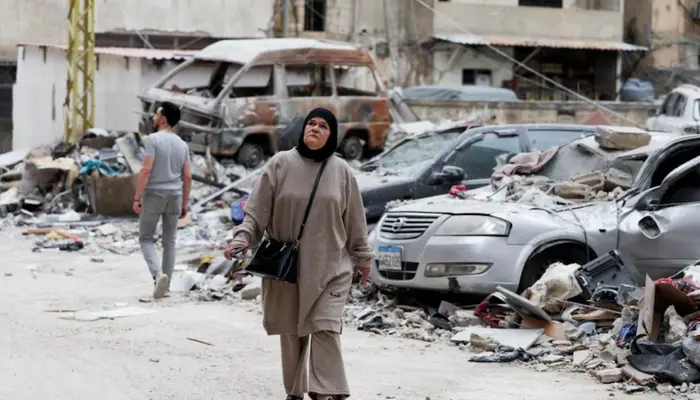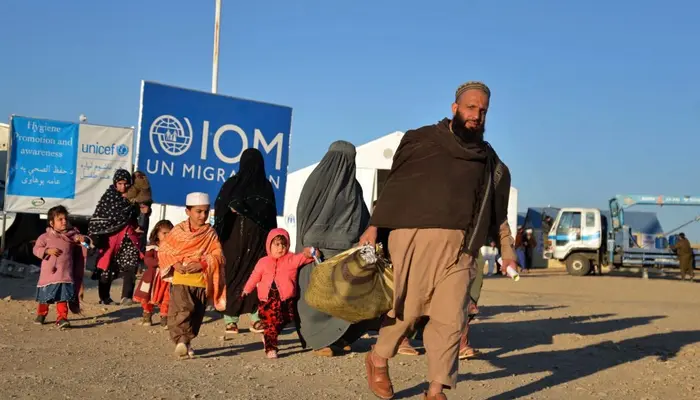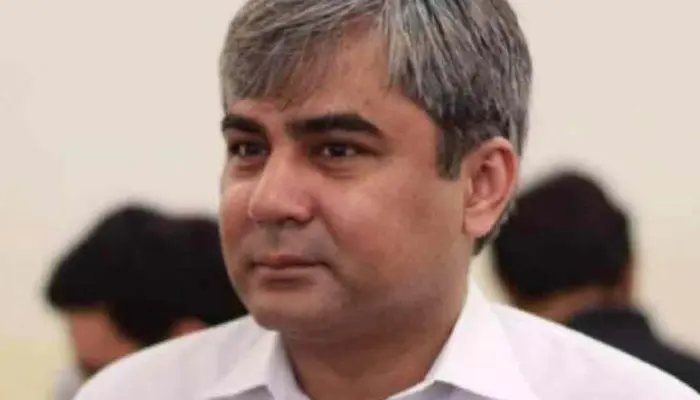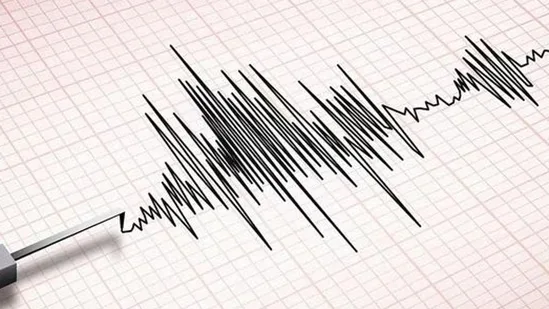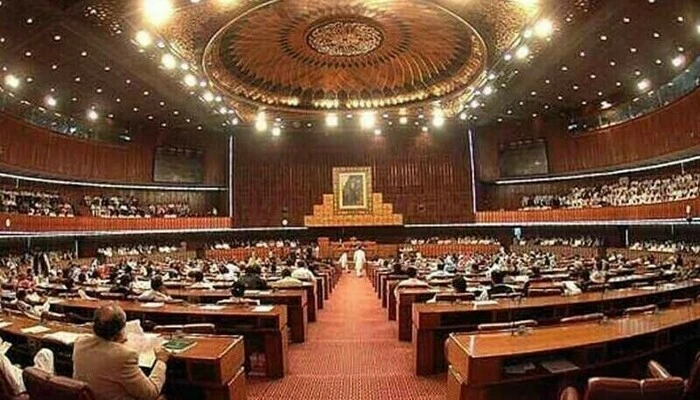
ISLAMABAD: President Asif Ali Zardari’s controversial ordinance, which enhances the role of the Chief Justice of Pakistan in bench formation, was laid before the Senate on Friday. The Supreme Court (Practice and Procedure) (Amendment) Ordinance 2024 aims to reshape the current judicial processes.
Ordinance Details
Law Minister Azam Nazeer Tarar presented the ordinance in the Senate. The deputy chairman referred it to the appropriate standing committee for further consideration. Sources indicate that the ordinance may be transformed into a formal bill for discussion in the upcoming week.
This ordinance modifies the composition of the committee responsible for bench formation and case allocation under the Supreme Court (Practice and Procedure) Act, 2023. Previously, a three-member committee included the Chief Justice and the two senior-most judges. The new structure will consist of the Chief Justice, the next senior judge, and a judge nominated by the Chief Justice.
According to the ordinance, every case before the Supreme Court will be addressed by a bench formed by this committee. The document specifies that “every cause, appeal or matter before the Supreme Court shall be heard and disposed of by a bench constituted by the committee comprising the Chief Justice of Pakistan, the next most senior Judge of the Supreme Court, and a Judge of the Supreme Court nominated by the Chief Justice.”
Changes to Case Handling
Another significant amendment involves handling cases under Section 184(3) of the Constitution. The ordinance mandates that reasons must be documented when a case is deemed a matter of public importance. Before proceeding, a bench must establish through a reasoned order the public importance and fundamental rights involved.
The ordinance also removes the Supreme Court’s ability to prioritize cases for hearing. Instead, it stipulates that cases will be heard in the order they were filed, unless a transparent criterion justifies a different approach. Any bench that hears a case out of turn must record its reasons for doing so.
Moreover, all hearings must be recorded, and transcripts will be made available to the public. This move aims to enhance transparency in the judicial process.
Increase in Supreme Court Judges
In a separate development, a Senate panel approved a proposal to raise the number of Supreme Court judges from 17 to 25. The proposal faced opposition from the Pakistan Tehreek-e-Insaf (PTI) and Jamiat Ulema-e-Islam (F). Senator Abdul Qadir introduced the bill, which was discussed in detail during a meeting of the Senate Standing Committee on Law and Justice.
Government Funding Challenges
During the session, Federal Minister for Planning Ahsan Iqbal highlighted the government’s struggle to fund major development projects. He noted that after accounting for provincial shares, the government is left with Rs10 trillion for debt servicing. This situation has raised concerns regarding the sustainable management of funds for defense, salaries, and subsidies.
Iqbal stressed the need for taxation reforms to increase revenue and curb tax leakages. His remarks came in response to concerns from senators about perceived discrimination against smaller provinces and delays in project completions.
He pointed out inefficiencies in procurement processes across provinces, citing discrepancies in costs for similar public sector items. Iqbal emphasized that improving provincial administrative capacity is crucial for effective governance.
Promotion of Electric Vehicles
Minister for Industries and Production Rana Tanveer Hussain informed the house about upcoming policies to promote electric vehicles (EVs). The government plans to establish 40 charging points along motorways to support EV users. Additionally, the Engineering Development Board has issued 51 certificates for assembling and manufacturing two- and three-wheeler EVs.
Finally, responding to a query about inflation, Minister of State for Finance Ali Pervaiz Malik stated that the inflation rate is decreasing monthly due to effective government measures. He highlighted price drops in essential goods, including wheat flour, petrol, and cooking oil, compared to the previous year.
Follow Day News on Google News, Instagram, YouTube, Facebook, Whats App, and TikTok for latest updates




